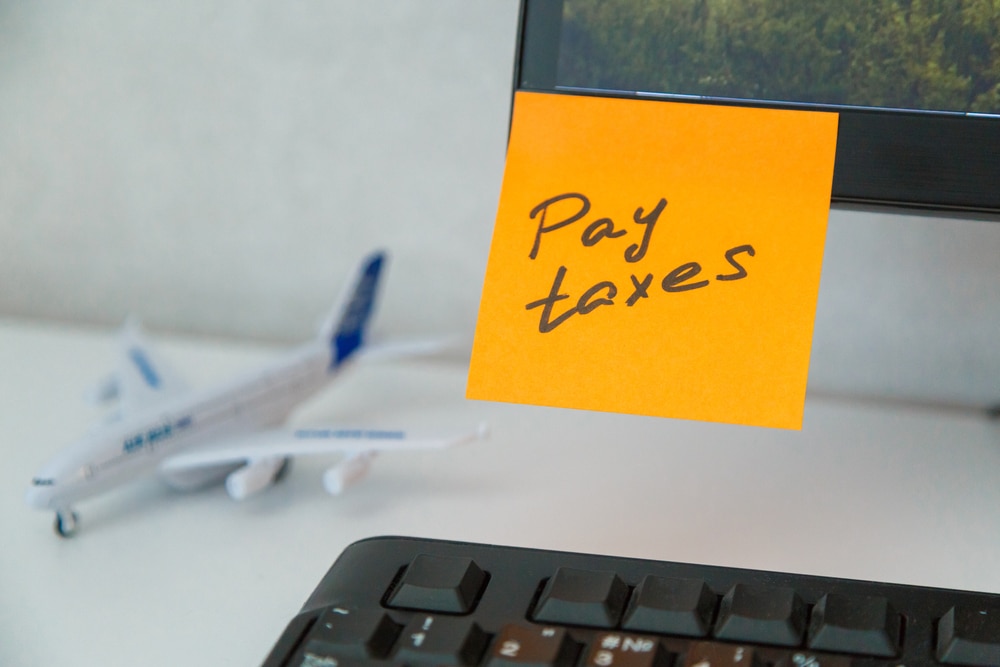The Truth About Why Expats Still Need to Pay Taxes

You may be among those who regard an expat life as a way of seeing and exploring the world while you work. But no matter what country you move to, your status as a US expat is still a little more unique than others regarding how you’ll be taxed. So, why do expats need to pay taxes?
So long as you’re still a US citizen, you’ll be responsible for paying taxes in both your host and home countries. Understanding world tax laws can be complicated, so you may want to learn more about this topic.
This article explains why expats pay taxes and how experts can reduce their tax burden to a minimum while abroad.
Four Reasons Why Expats Still Pay Taxes
Thanks to modern technology, becoming a digital nomad is now easier for US expats than ever before. Yet, this doesn’t mean you can start neglecting your duties as an American citizen. You are responsible for understanding your tax duties, especially if you earn foreign income. Here are a few important ways you can benefit from being tax compliant.
-
The U.S. taxes its citizens regardless of where they live
The U.S. follows the citizenship-based taxation system. So, irrespective of where you live or work, you must still comply with the tax responsibilities of the country where you hold your citizenship.
This practice began in the 1860s, when the U.S. struggled to support the Civil War. At the time, Congress believed citizens living outside the country purposely avoided their tax duties. As such, American citizens living abroad were required to continue to pay taxes.
-
You want to avoid penalties for tax non-compliance
Suppose your record shows you owe an amount to the Internal Revenue Service (IRS). In that case, you risk facing interests and penalty fees that can lead to many tax compliance issues. While they may seem like a small amount at first, these can quickly add up over time. In some cases, expats have to pay more than their actual taxes to settle their back taxes.
-
You can claim benefits like exclusions and tax credits
Showing compliance with your tax returns can put a positive mark on your record that may make you eligible for certain benefits, including credits and deductions. These include the Child Tax Credit (CTC), Additional Child Tax Credit (ACTC), Other Dependent Credit (ODC), and Earned Income Tax Credit (EITC), which can help lower your tax burden.
Your income status may also be eligible for other benefits. One way to improve your chances is to rely on expat tax solutions to ensure you meet the IRS’s requirements, including tax deadlines.
-
Paying taxes allows you to renew your US passport
Your passport is at risk when you owe the IRS more than $54,000 and don’t file the proper paperwork. At some point, the IRS may send you a CP508 Notice which shows your tax account has reached the level of “serious delinquency” under the Internal Revenue Code Section 7345.
Once the IRS sends this notice, they can revoke your passport and refuse to renew it until you fully settle your tax debt.
Live the Expat Dream Tax Burden Free
Millions of US expats are located worldwide, yet many overlook that they still need to settle their taxes. While the process can be tedious and confusing, filing and paying taxes regularly is vital. Otherwise, you risk missing out on significant benefits like tax credits. You may also face severe penalties that may get in the way of your time abroad.
If you need a reliable partner to settle your tax debt on time, working with a tax expert can help. With Tax Samaritan, you can gain professional quality tax resolution services tailored just for expats. Get a Free Tax Quote today and learn more about what we can do for you.


